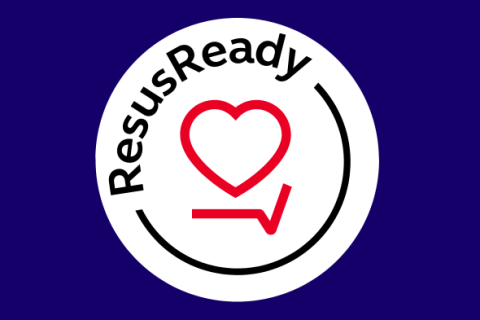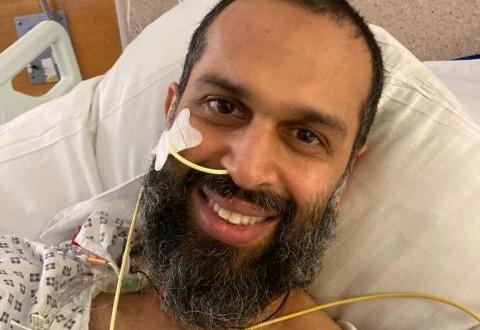
At Resuscitation Council UK (RCUK), our core mission is to ensure that everyone who has a cardiac arrest has access to appropriate cardiopulmonary resuscitation. By 2030, we want cardiopulmonary resuscitation to become a mechanism for reducing social inequalities, not another measure of them.
Health inequalities are not inevitable - they are avoidable, unfair differences in health between different groups of people. If you live in some of the poorest parts of the UK, or come from a particular ethnic minority group, you may be less likely to survive a cardiac arrest. This is not acceptable.
The UK lags behind other countries in CPR awareness and currently less than one in ten survive an out-of-hospital cardiac arrest. Simple, lifesaving skills and confidence aren’t yet as widespread as they can and must be to save more lives. To address inequalities in resuscitation, we must focus on those who are most likely to have a cardiac arrest, and least likely to know what to do if they witness someone who has collapsed and is not breathing.









